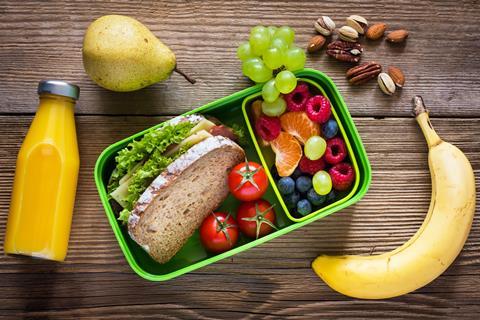Kantar figures show parents are buying more lunchbox foods as the end of summer nears
Take-home grocery sales are up by 3 per cent over the four weeks to 1 September as the summer holidays end and kids prepare to return to school.

Kantar figures show demand has picked up for lunchbox favourites, with sales of fruit bars for example rising by 14 per cent.
Fraser McKevitt, head of retail and consumer insight at Kantar, said retailers and brands will be waiting to see how the Chancellor’s Autumn Budget could impact household incomings and outgoings.
“Despite grocery price inflation easing back to 1.7 per cent over the last four weeks, shoppers’ financial confidence hasn’t risen with it,” McKevitt noted. “Memories of the last two years remain strong, with nearly 60 per cent of shoppers still very or extremely concerned about rising grocery prices.
”Retailers have been doing their bit to help shoppers keep the cost of the weekly shop down, and the proportion of sales on promotion increased year-on-year for the sixteenth month in a row in August. More than half of all grocery trips include some kind of deal, and this proportion rises as the trolley gets bigger.”
Ocado continues its march
Ocado was the fastest-growing grocer for the seventh consecutive month, delivering its quickest rate of growth since May 2021 with sales up by 12.9 per cent.
That put it ahead of the total online market, which expanded by 4.4 per cent, and the online-only retailer’s market share increased by 0.2 percentage points to 1.8 per cent.
Lidl’s sales were 9.1 per cent higher than a year ago, and it now accounts for 8 per cent of the grocery market, having won share every month since April 2021. Spending through fellow discounter Aldi’s tills also rose by 1.3 per cent.
Britain’s largest retailer Tesco now takes 27.8 per cent of sales, which is an increase of 0.6 percentage points since last year and its highest stake since January 2022.
Sainsbury’s market share nudged up to 15.2 per cent, while sales increased by 5.7 per cent. Asda’s share is 12.6 per cent, and Morrisons has 8.5 per cent of the market.



